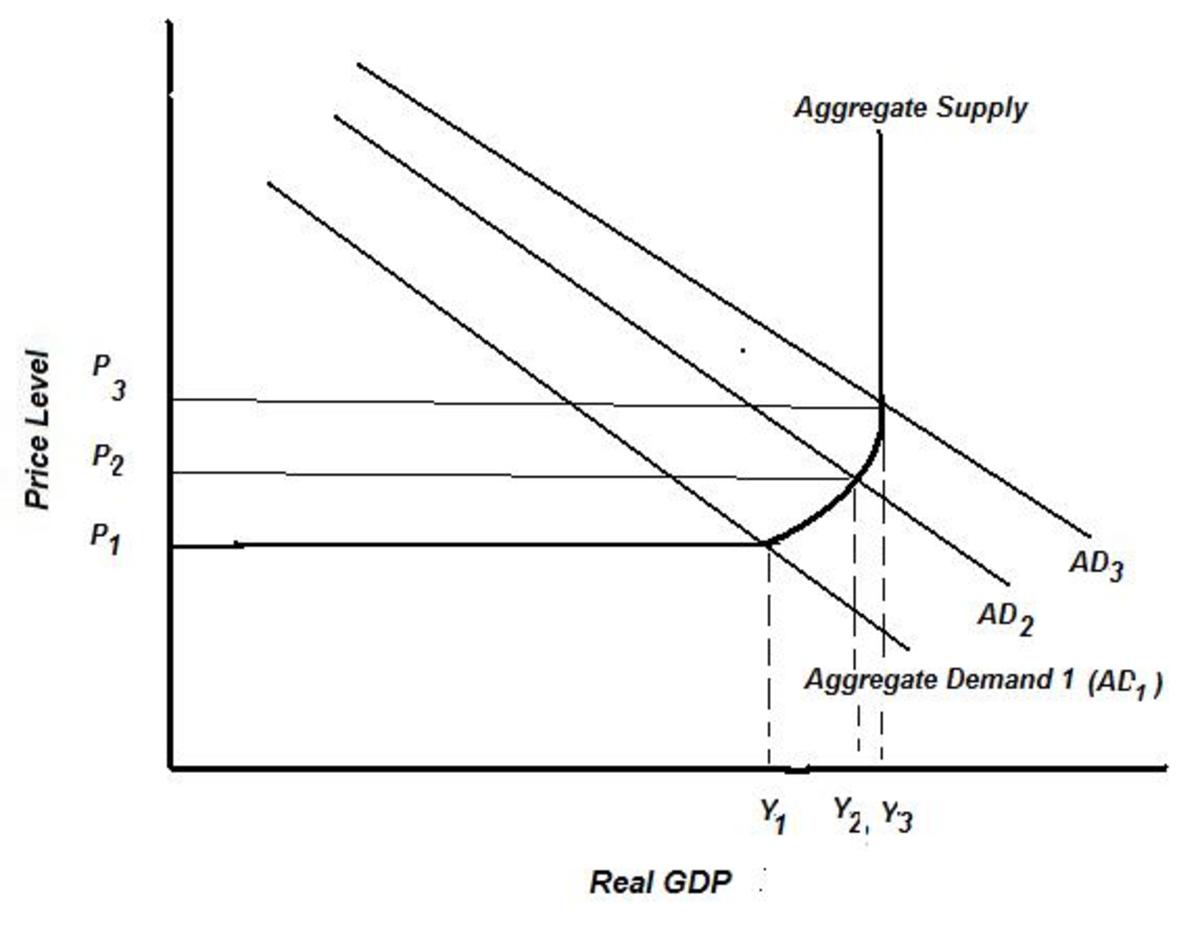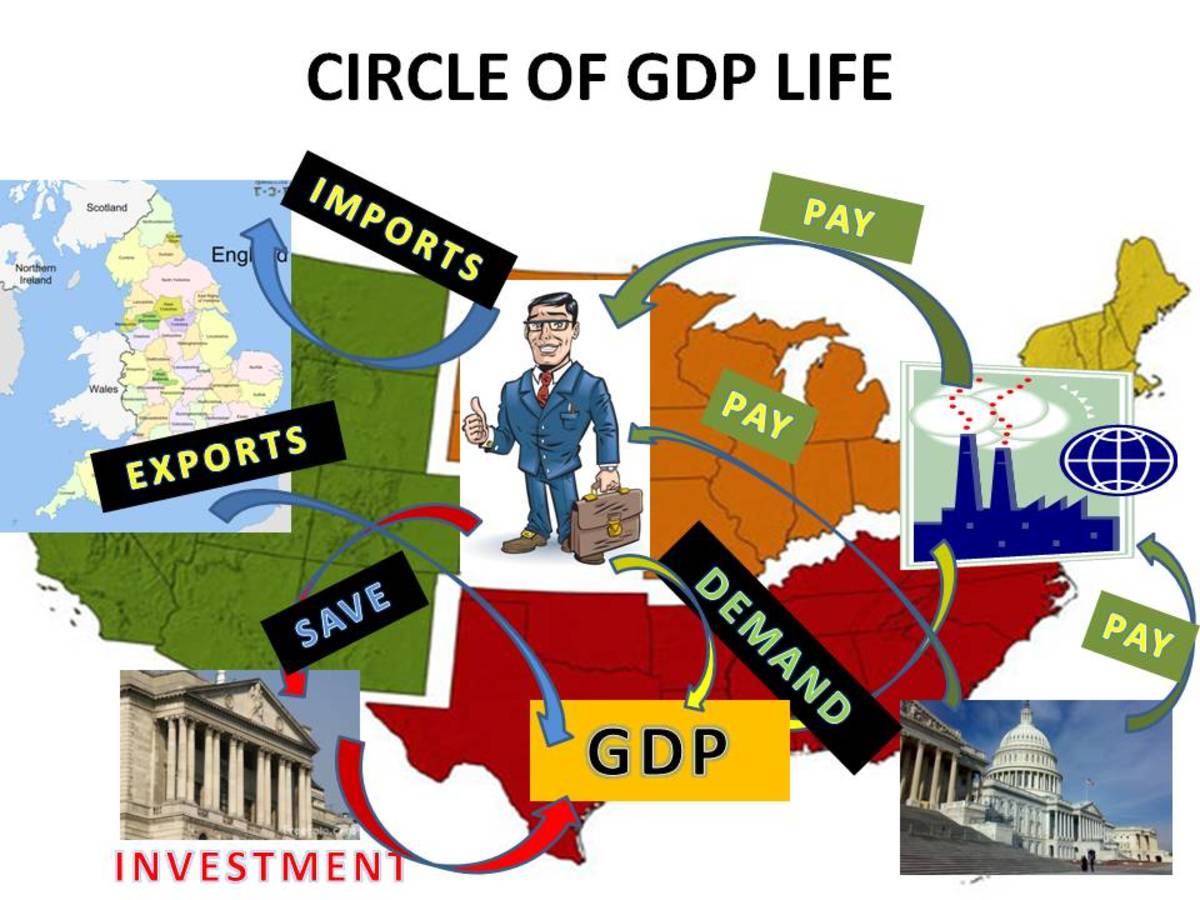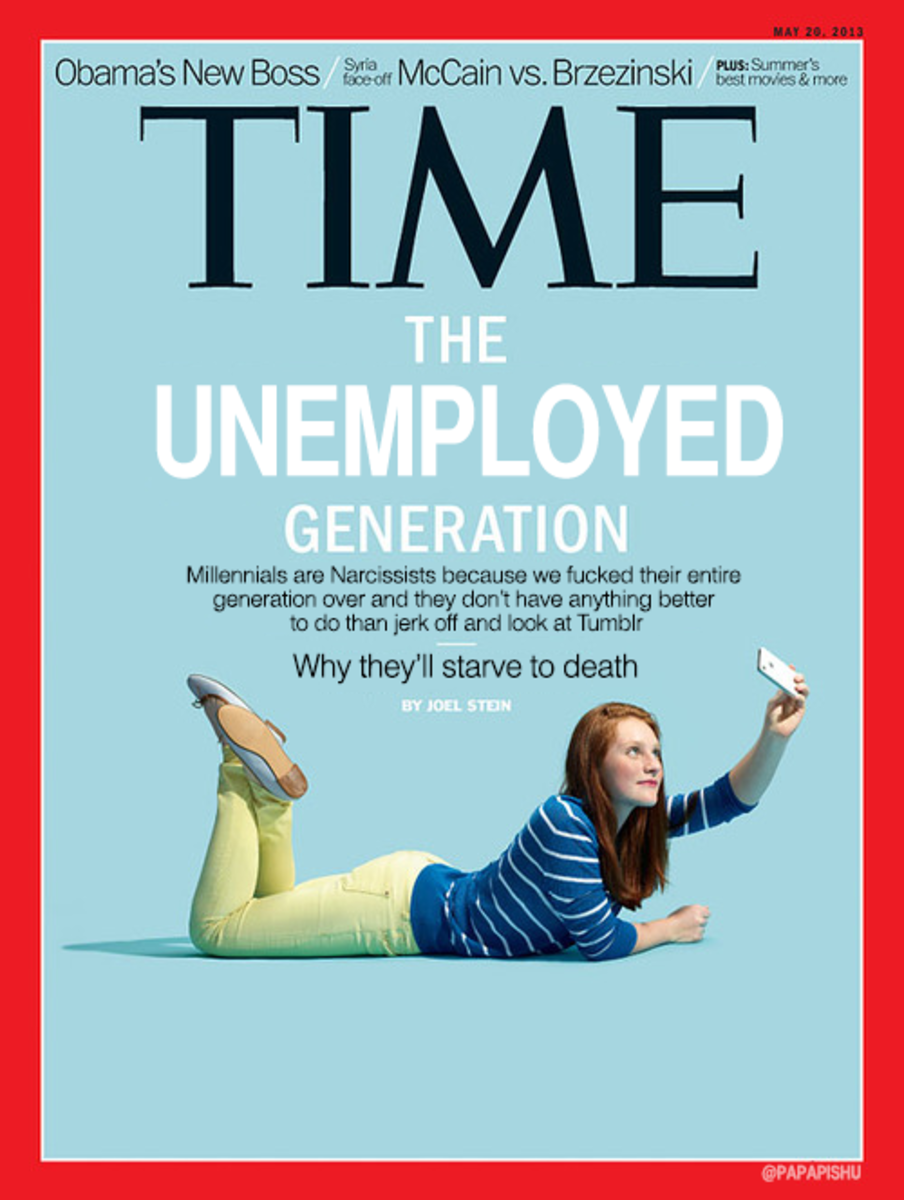The Fed & Inflation: Does “Big Gov” Really Care?

Inflation this, inflation that, you hear the word on the mainstream media all the time; but what exactly is inflation? In economics, inflation is just a rise in the general level of prices of goods and services in an economy over a period of time (Mankiw). Sounds simple enough, but here’s where it gets a bit more complicated: whenever the general price level rises, each unit of currency buys fewer goods and services—therefore, in the long-term, money ends up losing value. In essence, inflation has the propensity to lower the purchasing power of money. And in a market based economy, this is bad news. Why is this bad? It’s bad because it nullifies two primary functions of money, whereby, it doesn’t allow money to operate as both a medium of exchange and a unit of account.
Why would the government want to invalidate the functions of money? It’s important to mention how the government uses the notion of inflation as a red herring to distract the American people into tampering with our money supply. Through fallacious monetary policies “big gov” cajoles the American people into buying this notion that inflation has to be kept at bay; which in a free market capitalistic system isn’t possible. It’s a complete macroeconomic hoax to believe that government can keep prices in check, and that government can use the quantity of money to stir the business cycle towards long-term growth. The only way to attain true long-term growth is through laissez faire capitalism—an economic system whereby government doesn’t get so much involved into the affairs of markets.
What’s monetary policy? The primary responsibility of the Federal Reserve System is the formulation of monetary policy. In rational economic terms, monetary policy involves tampering with (increasing and decreasing) the supply of money to achieve unattainable long-term monetary goals. This definition falls in line with economist Micheal Parkin of the textbook Macroeconomics, when he says the following:
The Fed’s goals are to keep inflation in check, maintain full employment, moderate the business cycle, and contribute toward achieving long-term growth. Complete success in the pursuit of these goals is impossible, and the Fed’s more modest goal is to improve the performance of the economy and to get closer to the goals than a “hands off” approach would achieve. Whether the Fed succeeds in improving economic performance is a matter of which there is a range of opinion.
So if the goals of the Federal Reserve aren’t achievable, then the end doesn’t justify the means. In general, the long-term “end” of monetary policy is to ensure that money & credit grow sufficiently to encourage “non-inflationary” economic expansion. Therefore, the “means” by which to achieve this aren’t warranted. In fact, the Feds efforts overtime has shown to be counterintuitive—that is to say, if on one hand, government mandates that “growth of money & credit” is needed for progressive economic expansion, but on the other hand this “growth of money & credit” could possibly lead to inflation. Then it’s safe to say that government has a hand in creating the one thing that it’s trying to avoid. A weird irony isn’t it? If you really think about, “big gov” is creating the problem that it’s trying to solve. To be exact, “monetary policy” is its own worst enemy!
Let’s say in high school, I managed to get this really pretty girl to go out with me, we date for awhile, then all of sudden, she dumps me. I then make this internal pledge to myself that, “I’ll never date a really pretty girl like that again.” But when I make it to college, I’m surrounded by a bunch of girls way prettier than my high school girl friend. So, you see, the one thing I am trying to avoid, I can’t help but do, because it’s almost inevitable. The internal pledge I made to myself comes back to bite me on “the you know what” because of how stupid of a pledge it was make in the first place. In my next series of hubs about inflation, we get into the heart and soul of our problem in this country and why, over the years, it has been mistake after mistake by the government that has caused our great economic engine to backfire.








